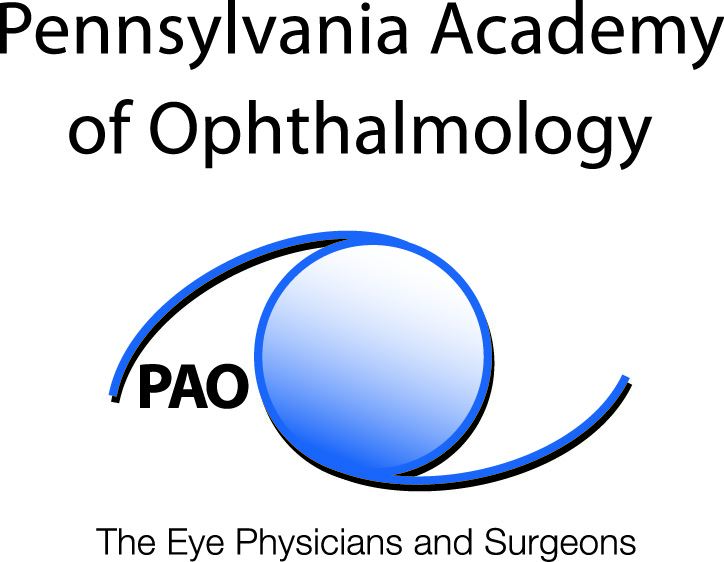Age Related Macular Degeneration: Understanding the Disease and Its Treatments
By: Samir Patel, MD
February is national age related macular degeneration (AMD) awareness month. Macular degeneration is a leading cause of vision loss in people over the age of 50, affecting nearly 20 million Americans. The risk of developing AMD increases with age, and if you are 75 or older, your risk is 1 in 3 for developing macular degeneration. The disease affects the macula, a small part of the retina at the back of the eye that is responsible for central vision, and it is often detected in an eye exam before the symptoms become noticeable.
The exact cause of AMD is not known, but there are several risk factors that may play a role. Some you can help control and some you can’t. These include high blood pressure, high cholesterol, obesity, and smoking. Risks you cannot control include age, family history, gender and race.
Symptoms of macular degeneration include blurriness, wavy lines, or a blind spot. You may also notice visual distortions such as straight lines or faces appearing wavy, doorways seeming crooked, or objects appearing smaller or farther away. Meeting with a health-care professional can sort through the causes and determine if you are experiencing macular degeneration symptoms.
Types of AMD
There are two main types of AMD: dry AMD and wet AMD
Dry macular degeneration is the most common form of AMD, and it accounts for about 90% of all AMD cases. Dry AMD develops slowly over time, and it is caused by the buildup of drusen, which are small yellow deposits in the macula. Drusen can cause the macula to thin and lose function.
Wet macular degeneration is a less common form of AMD, but it is more likely to cause severe vision loss. Wet AMD is caused by the growth of abnormal blood vessels under the macula. These blood vessels can leak blood and fluid, which can damage the macula and cause rapid vision loss. About ten percent of all cases of macular degeneration become “Wet” AMD (typically a person has dry AMD first and progresses toward wet).
Treatments for AMD
There is no cure for AMD, but there are treatments that can slow the progression of the disease and help preserve vision.
Lifestyle changes: Stopping smoking, eating a healthy diet, and maintaining a healthy weight can help slow the progression of AMD.
Nutritional supplements: The Age-Related Eye Disease Study (AREDS) found that taking a combination of vitamins and minerals, including vitamins C and E, zinc, and lutein, can help slow the progression of dry AMD in people at high risk for the disease.
Treatments for wet AMD include:
· Anti-Vascular Endothelial Growth Factor (anti-VEGF) injections: These injections are used to block the growth of abnormal blood vessels under the macula. Anti-VEGF injections are very effective at stopping vision loss and can even improve vision in some people if the disease is detected early enough. If you have developed wet AMD, it is critical to adhere to your doctor’s treatment regimen to preserve your vision.
Treatments for dry AMD include:
- Traditional treatment for dry AMD has included lifestyle change and nutritional supplements as listed above.
- Recently, there have been new treatment options for patients with an advanced form of dry AMD called geographic atrophy. The first treatments for geographic atrophy were approved in 2023. These treatments slow the progression of vision loss from GA by reducing the rate of geographic atrophy lesion growth with monthly injections.
AMD is a serious disease, but there is hope for the future. With early detection and treatment, most people with AMD can maintain their vision and live independent lives.
Additional Resources
· American Academy of Ophthalmology: https://www.aao.org/eye-health/diseases/amd-macular-degeneration
· American Macular Degeneration Foundation: https://www.macular.org/
· Prevent Blindness America: https://www.preventblindness.org/

